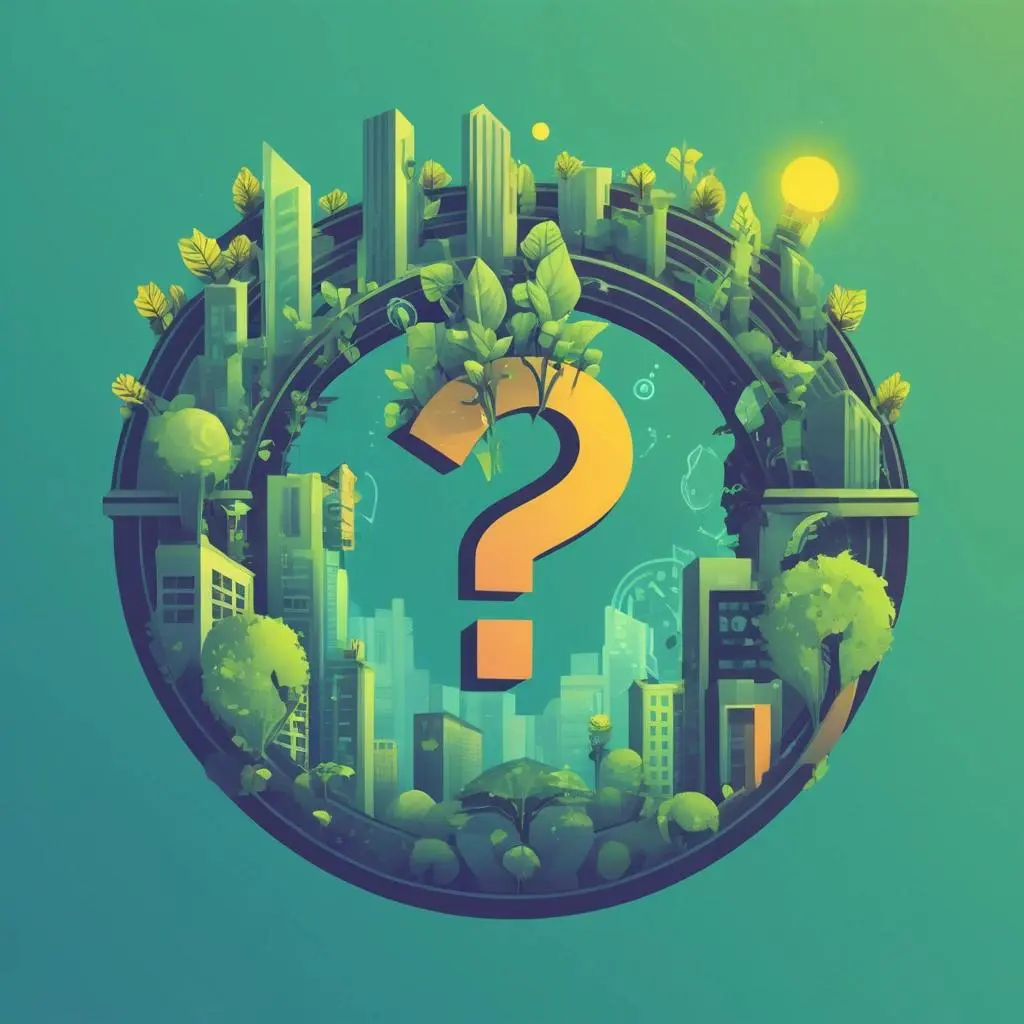Don’t get me wrong, having a vegetable garden is still a great thing and far better than buying the monoculture produce shipped from halfway around the world at the store, even if your garden is just for your own family. I don’t want to knock that. But to break our reliance on extractivist agriculture as a society requires more than just people with the resources to do it building private homesteads on their private property. Communities providing for each other through the commons is a foundational element of a solarpunk society.
How do we encourage this shift in thinking and doing? What would it take to break down the expectations of private property and that something you’ve grown is just for you, and create community mindsets where something you’ve grown can feed people who need it?
Where I live, there are a lot of (mostly retired, suburban, well-off) people with gardens, especially in the summer, but most of them are not involved in FNB or anything like it. It’s also not common to emphasize native species. We have a wonderful public market, but most of the people even with veggie gardens don’t sell there and only buy there on occasion. The way I’ve been trying to encourage the public market over grocery stores more has mostly been talking about how great the produce is, how many different things they have, and how convenient it is that the bus runs there. It’s still a market, but at least it’s small, local growers, and a local org recovers what doesn’t get sold for our FNB branch to use (and composts what isn’t good, for the local community garden to use) instead of throwing it away. But the only way I can think of to get the idea out there that people should share what they grow is to flat-out say, “you should share what you grow”, which doesn’t seem like it would win many people over.


I think that the most practical approach is (1) to create such an abundance that no one could possibly eat it all, and (2) to get the people growing this abundance living in close enough proximity to each other that the only transportation infrastructure that an able-bodied grower would need in order to share their excess harvest is a wheelbarrow.
When people have way too much of something, they are much more likely to share / give it away than when they have barely enough for themselves. The Earth can produce more than enough for everyone’s need; it’s just a matter of finding people to take the first steps and get things growing. I know someone with a small but highly productive fruit forest planted ~10 years ago, and now he often has so much food that he cannot even give it all away, and not for lack of trying.
Sharing food effectively requires that the people interested in sharing their harvest and the people interested in eating the food that is harvested live in the same area. If Carlos has too much guanábana in Costa Rica and Rajib has too much jackfruit in Bangladesh, no matter how willing they may be to adopt a “what’s mine is yours if what’s yours is mine” approach to their harvests, it just isn’t practical. If however Rajib and Carlos live 1 km away from each other and can simply load some fruits in the wheelbarrow and distribute the harvest among the two of them and their other neighbours each day (or each week, or whatever), then that is a practical solution. If someone is growing an abundance but none of the neighbours want to eat it and would rather subsist on processed junk, then sharing isn’t possible; the people interested in growing and sharing must live near each other, and the people living near each other must be interested in growing and sharing.
Fully communal management of an entire region’s food production is not really feasible due to the number of people involved who would need to agree on everything; you’d run into all of the issues of starting an intentional community or commune and all of the inefficiencies that come with that. Having many people independently growing an abundance in the same area and freely sharing whatever they have in excess makes much more sense to me. I think that fruiterrarist projects like this are the way forward.